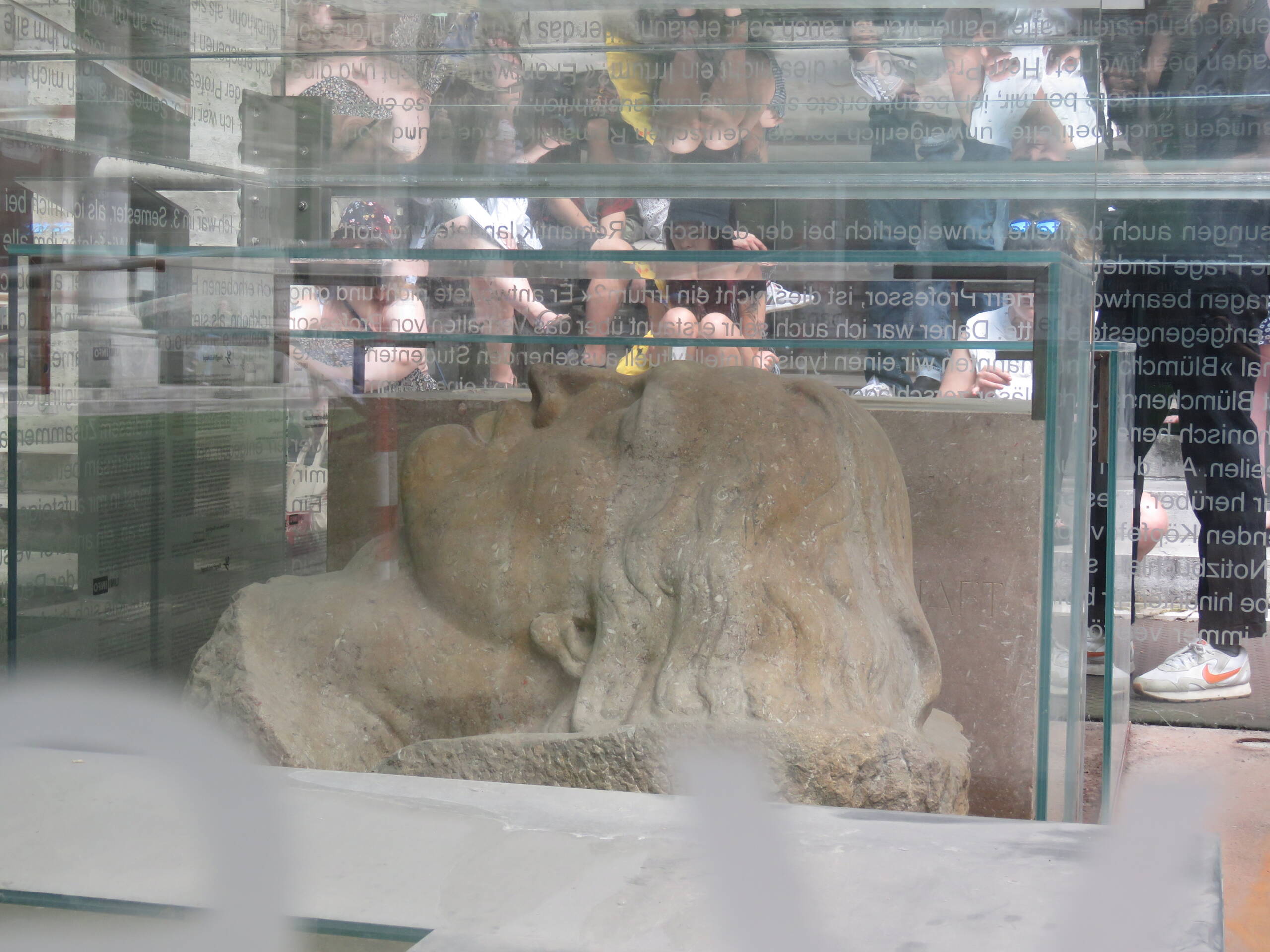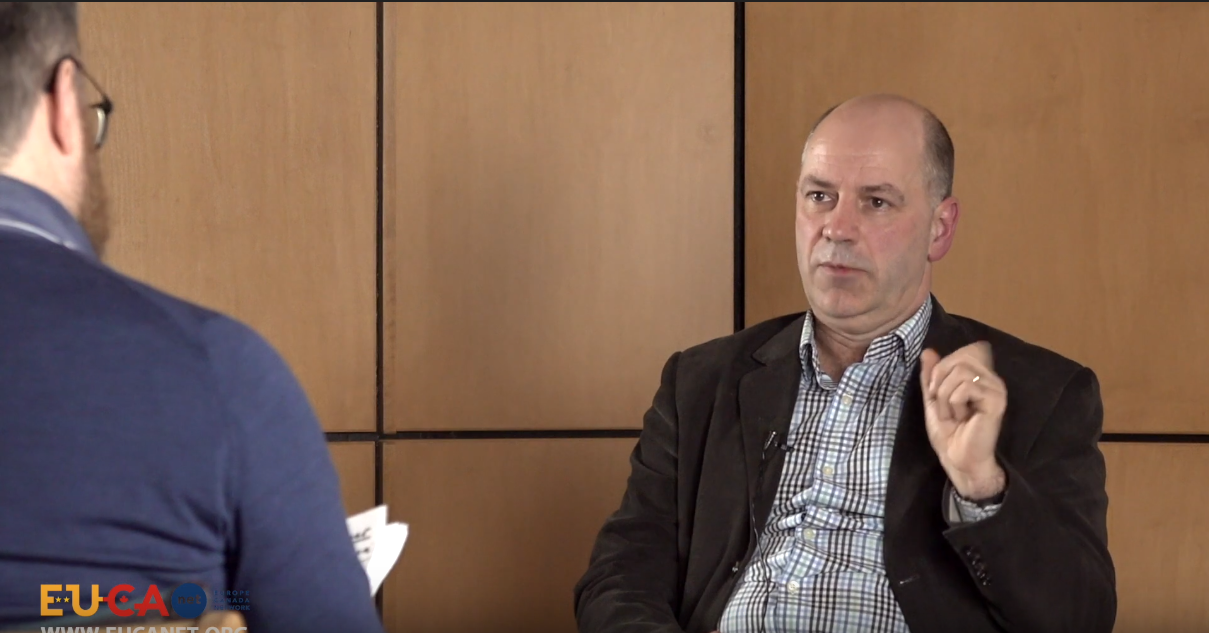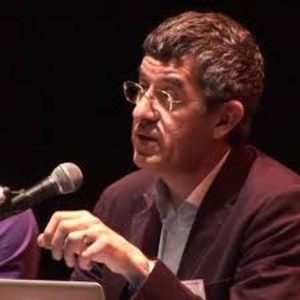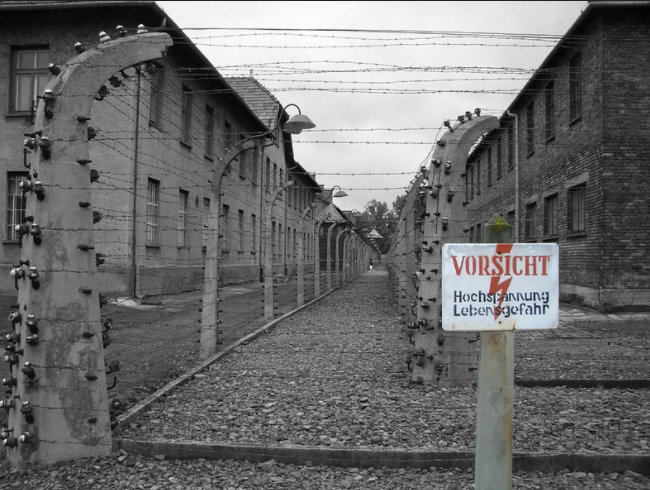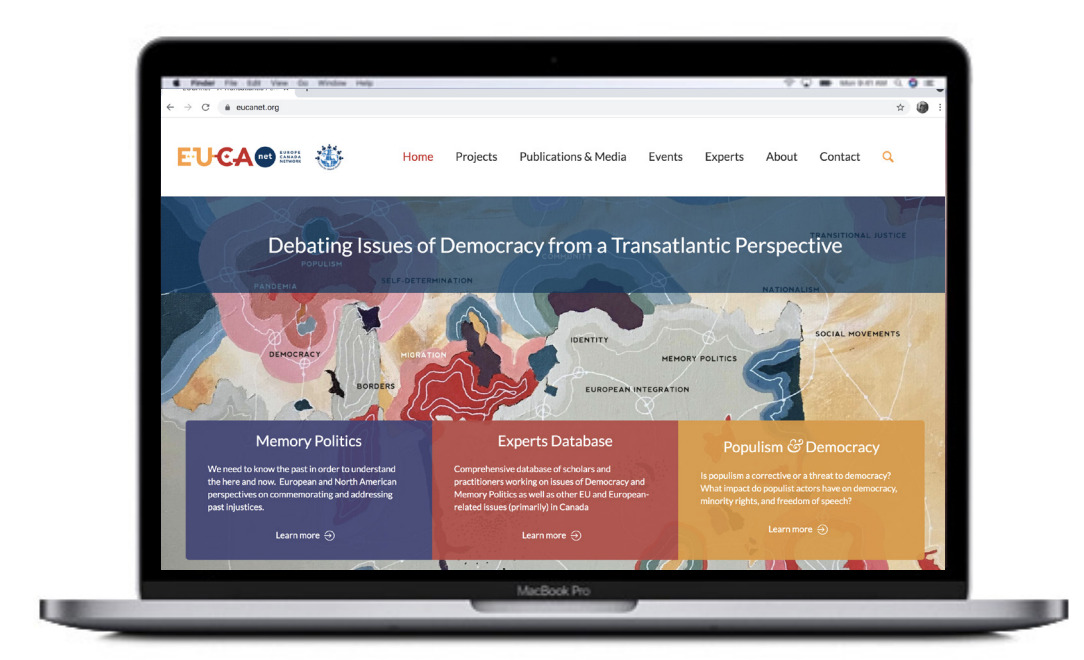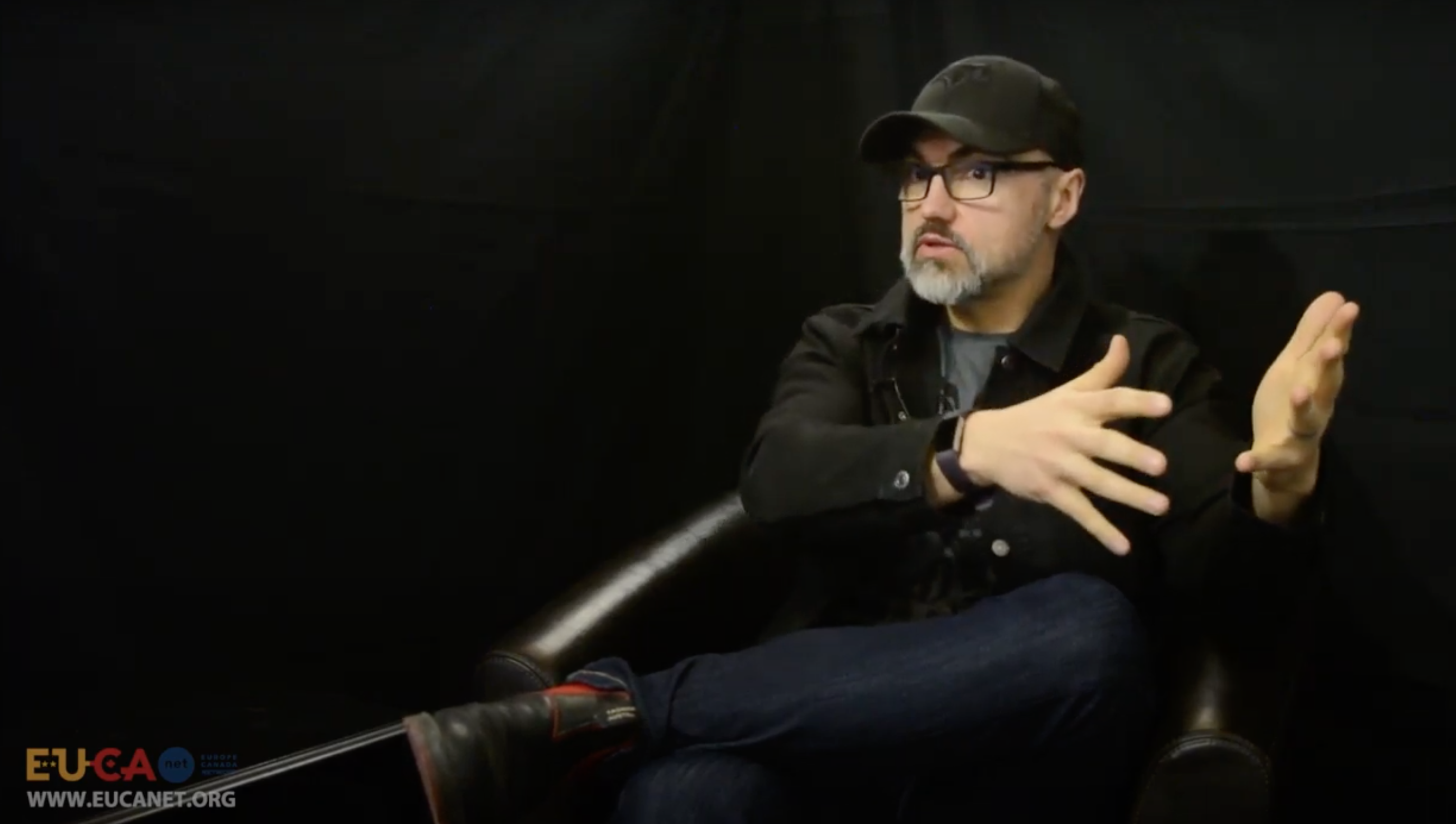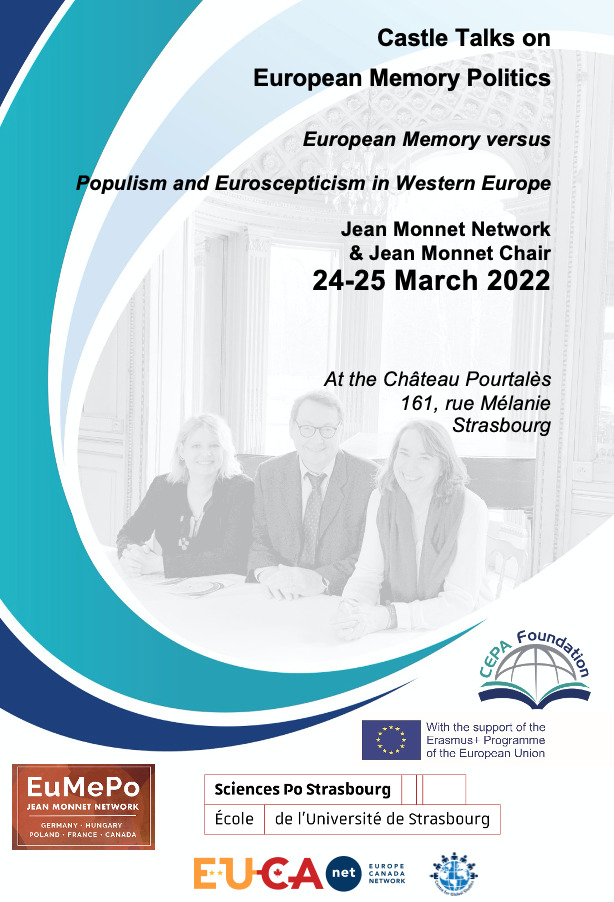Interview with Peter Verovšek – Past Injustices, Current Realities
Dr. Peter J. Verovšek is an Assistant Professor in Politics & International relations at the University of Sheffield, UK. He conducted research on the continuing effects of the memories of World War II in the politics of the former Yugoslavia as a U.S. Fulbright Scholar, and received his MA, MPhil, and PhD in Political Science from Yale University.
In this interview, Dr. Peter J. Verovšek discusses how memory and history have had a resurgence in modern European politics. The two major factors for this are the end of the Cold War, which opened up a new space for counter memories to spread and gain traction, and the expansion of the European Union in 2004, which led to “renewed energy and confidence” to engage in critical debates. Especially considering that “democracy is about domestic control,” nationalism poses certain dangers when it attempts to battle against the state. At the same time, open discussions and debates are necessary European borders in order to bring ideologies together, in particular regarding collective understandings on what the past means. He illustrates this using the example of East and West Germany, and how that distinction is still very much evident within the political arena.
This interview is part of the www.MemoryPolitics.ca activities: the project “European and North American Perspectives on Commemorating and Addressing Past Injustices” is co-funded by the Konrad Adenauer Foundation Ottawa and the Jean Monnet Network “European Memory Politics” is co-funded by the Erasmus+ Programme of the European Union. The European Union support for the production of publications does not constitute an endorsement of the contents, which reflect the views only of the authors and cannot be held responsible for any use which may be made of the information contained therein.
